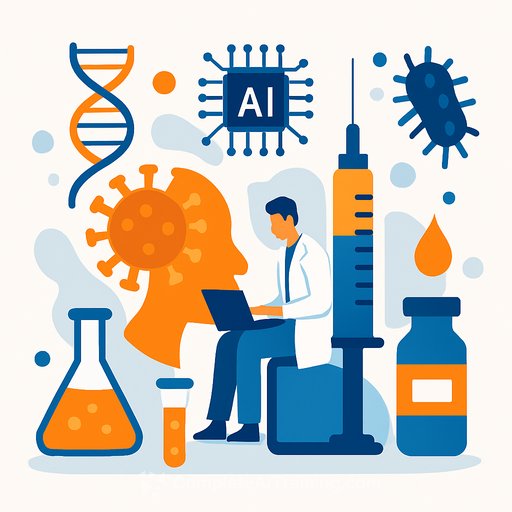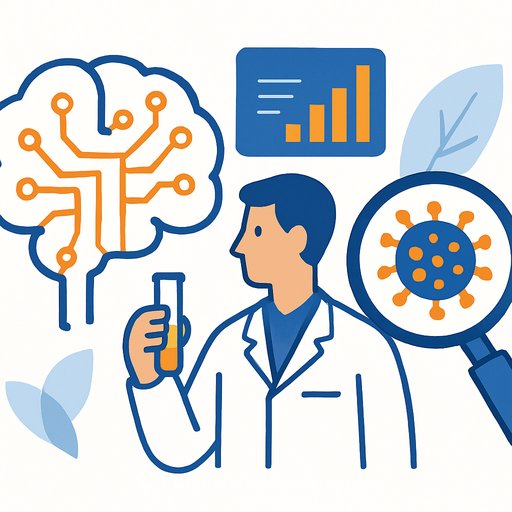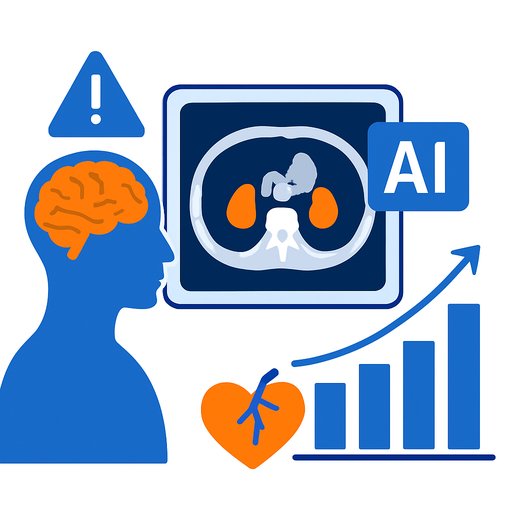New AI Vaccine Research Programme Launched in Oxford
The University of Oxford has partnered with the Ellison Institute of Technology (EIT) to initiate a £118 million programme focused on advancing vaccine research using artificial intelligence (AI). This initiative aims to accelerate and improve the development of vaccines to better respond to infectious disease outbreaks worldwide.
Traditional vaccine development can take several years due to challenges such as antigen discovery, epitope prediction, adjuvant formulation, and clinical trial design. By integrating AI, the programme intends to streamline these processes and reduce development time.
Collaboration and Technological Integration
The Oxford Vaccine Group will lead the project, which operates within the University's CoI-AI (Correlates of Immunity-Artificial Intelligence) unit. This initiative combines Oxford’s expertise in human challenge studies, immune science, and vaccine development with EIT’s AI technology, which spans fields like generative biology, clinical medicine, and sustainable energy. Oracle will provide the necessary computing infrastructure.
Research Focus and Methodology
The programme will investigate how the immune system combats infections and how vaccines provide protection at both cellular and system-wide levels. This involves studying infections in real time using smart immunology tools and AI-driven data analysis.
Key targets include bacteria responsible for serious infections and antibiotic resistance, such as Streptococcus pneumoniae, Staphylococcus aureus, and Escherichia coli. These pathogens pose challenges to traditional vaccine approaches due to their resistance characteristics.
Researchers will employ human challenge models, where volunteers are safely exposed to bacteria under controlled conditions, alongside AI tools to identify immune responses predictive of protection.
Expert Insight
Professor Sir Andrew Pollard, Director of the Oxford Vaccine Group, states: “This programme addresses one of the most urgent problems in infectious disease by helping us to understand immunity more deeply to develop innovative vaccines against deadly diseases that have so far evaded our attempts at prevention. By combining advanced immunology with artificial intelligence, and using human challenge models to study diseases, CoI-AI will provide the tools we need to tackle serious infections and reduce the growing threat of antibiotic resistance. This is a new frontier in vaccine science.”
This initiative represents a significant step in vaccine research, offering a model for integrating AI with immunological studies to address pressing global health challenges.
Your membership also unlocks:






